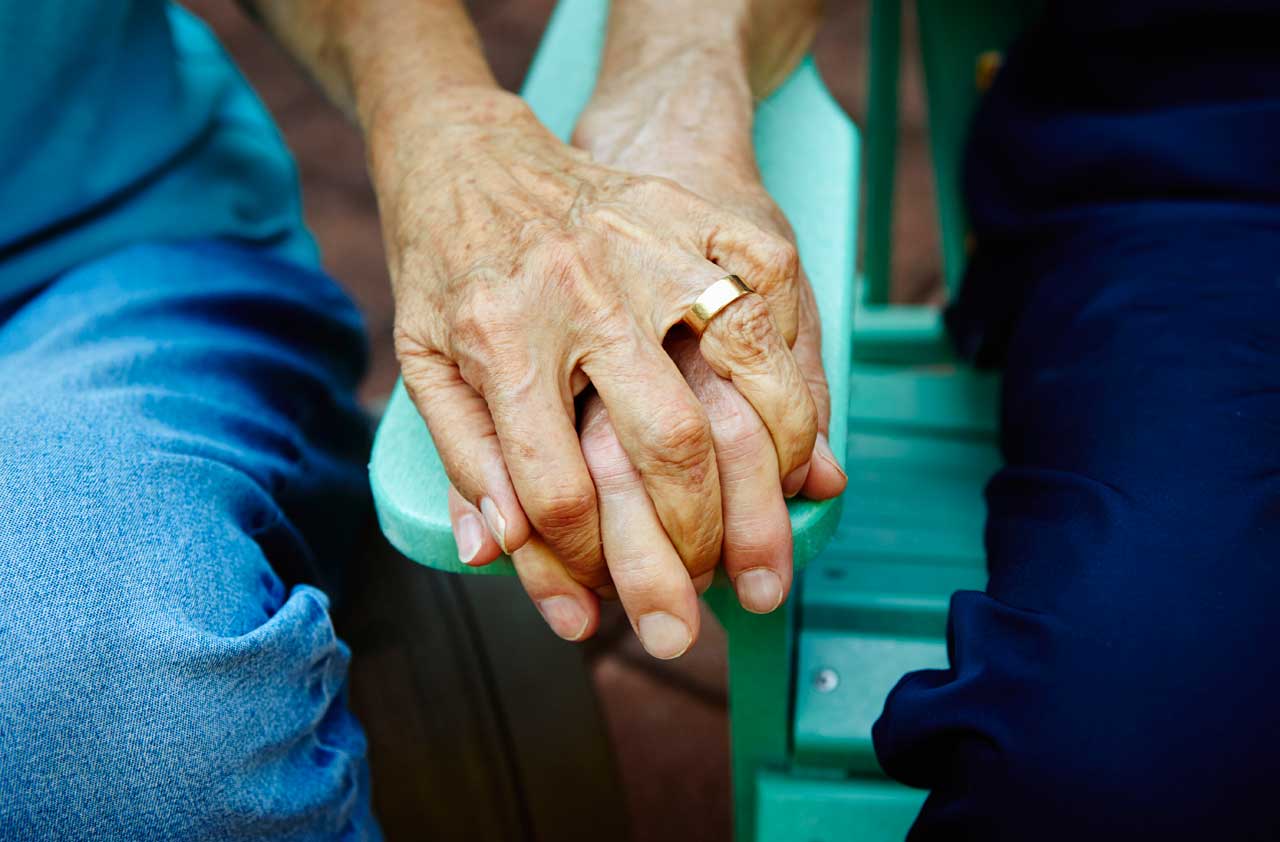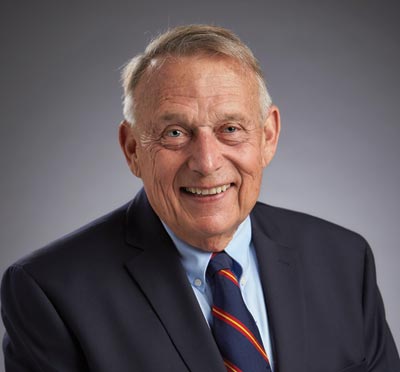
Profit and prosper with the best of Kiplinger's advice on investing, taxes, retirement, personal finance and much more. Delivered daily. Enter your email in the box and click Sign Me Up.
You are now subscribed
Your newsletter sign-up was successful
Want to add more newsletters?

Delivered daily
Kiplinger Today
Profit and prosper with the best of Kiplinger's advice on investing, taxes, retirement, personal finance and much more delivered daily. Smart money moves start here.

Sent five days a week
Kiplinger A Step Ahead
Get practical help to make better financial decisions in your everyday life, from spending to savings on top deals.

Delivered daily
Kiplinger Closing Bell
Get today's biggest financial and investing headlines delivered to your inbox every day the U.S. stock market is open.

Sent twice a week
Kiplinger Adviser Intel
Financial pros across the country share best practices and fresh tactics to preserve and grow your wealth.

Delivered weekly
Kiplinger Tax Tips
Trim your federal and state tax bills with practical tax-planning and tax-cutting strategies.

Sent twice a week
Kiplinger Retirement Tips
Your twice-a-week guide to planning and enjoying a financially secure and richly rewarding retirement

Sent bimonthly.
Kiplinger Adviser Angle
Insights for advisers, wealth managers and other financial professionals.

Sent twice a week
Kiplinger Investing Weekly
Your twice-a-week roundup of promising stocks, funds, companies and industries you should consider, ones you should avoid, and why.

Sent weekly for six weeks
Kiplinger Invest for Retirement
Your step-by-step six-part series on how to invest for retirement, from devising a successful strategy to exactly which investments to choose.
Martin Schreiber is a former Wisconsin governor, lieutenant governor and state senator. But he took on a different role as caregiver for his wife, Elaine, after she was diagnosed with Alzheimer's disease 13 years ago. He wrote about his struggles in My Two Elaines: Learning, Coping, and Surviving as an Alzheimer's Caregiver (Book Publishers Network, $17), with the book's net proceeds to be used to promote Alzheimer's caregiver support programs. In this lightly edited conversation, we talked with Schreiber, age 78, about the overlooked needs of caregivers.
You point out that it's often more challenging for men to take on the role of caregiver. Why do you think that's the case?
Men have terrible egos. And they think they can handle everything without any help. And so, as the caregiving progresses, and there's more need for outside support, the man refuses to ask for it, creating further types of anxiety. You're assuming roles that you never had before. Elaine would take care of the bills, all of the home care, and so forth. Now you are the one doing it. All of the sudden, simple matters become complex.
From just $107.88 $24.99 for Kiplinger Personal Finance
Become a smarter, better informed investor. Subscribe from just $107.88 $24.99, plus get up to 4 Special Issues

Sign up for Kiplinger’s Free Newsletters
Profit and prosper with the best of expert advice on investing, taxes, retirement, personal finance and more - straight to your e-mail.
Profit and prosper with the best of expert advice - straight to your e-mail.
Noting the health problems you suffered before you reached out for caregiving help, you urge other caregivers not to hesitate to seek support. What kind of toll did your wife's disease take on you?
My world became Elaine and taking care of her, and nothing else really seemed to matter. I cut out exercise and cut out being with other people. I gained 30 pounds. I couldn't breathe decently when I would go for a short walk. I didn't want to seem like a wimp because I couldn't handle the emotional strain. But the fact is, [that strain is] there. Friends pull you aside and say, "Wow, you look terrible." My wife is in assisted living now, and I see it in the faces of the other men there, the drawn-out look, the haggard look.

Can you explain the concept of your "two Elaines" and how it helped you to move forward?
I had to understand that there are two Elaines and that I had to let go of my first Elaine. The woman who once was is no more. I can never expect of this new woman any of the things I once did together with the first Elaine. But I wish I'd understood the benefits of letting go sooner. If we're at Christmastime, with the four children and their spouses and grandchildren, and Elaine asks who those people are, I don't have to worry about the pain of dealing with this because I already dealt with that when I let go of the first Elaine. There's now this new person whose life I want to enter. Elaine likes music, so we listen whenever we can. When I'm walking with Elaine, I sing, "I want to marry you," and she says, "that would make me so happy." As a caregiver, look for those areas of common interest. Elaine may not be aware I might be her husband. But she knows I'm a friend, and I'm someone special to her.
You used strategies such as therapeutic fibbing, which avoids directly challenging a partner's inaccurate memories. What other approaches worked for you?
Redirection is a critically important tool. She's got five coats on. She says she's cold. There is no way intellectually I can have her understand that five coats in summertime is going to be too much. So I agree she's cold, and I get her another coat. Then we begin to talk about what might be happening with one of the children, or what she might want to do that day, and we're not talking about the coat anymore. If you understand you can't argue with the disease, life is so much easier.
How do exhausted caregivers find the moments of joy you mention in your book?
You look for them. We were driving along the other day and listening to songs from the fifties. Elaine asks, "Do you love me? How long will you keep me?" I said, "Elaine, I will love you and take care of you and be with you for a billion years." She looked at me and said, "I don't think I could take you for that long a period of time," and we both laughed. Sometimes, the spark comes out again.
Profit and prosper with the best of Kiplinger's advice on investing, taxes, retirement, personal finance and much more. Delivered daily. Enter your email in the box and click Sign Me Up.

-
 Nasdaq Leads a Rocky Risk-On Rally: Stock Market Today
Nasdaq Leads a Rocky Risk-On Rally: Stock Market TodayAnother worrying bout of late-session weakness couldn't take down the main equity indexes on Wednesday.
-
 Quiz: Do You Know How to Avoid the "Medigap Trap?"
Quiz: Do You Know How to Avoid the "Medigap Trap?"Quiz Test your basic knowledge of the "Medigap Trap" in our quick quiz.
-
 5 Top Tax-Efficient Mutual Funds for Smarter Investing
5 Top Tax-Efficient Mutual Funds for Smarter InvestingMutual funds are many things, but "tax-friendly" usually isn't one of them. These are the exceptions.
-
 457 Plan Contribution Limits for 2026
457 Plan Contribution Limits for 2026Retirement plans There are higher 457 plan contribution limits in 2026. That's good news for state and local government employees.
-
 Medicare Basics: 12 Things You Need to Know
Medicare Basics: 12 Things You Need to KnowMedicare There's Medicare Part A, Part B, Part D, Medigap plans, Medicare Advantage plans and so on. We sort out the confusion about signing up for Medicare — and much more.
-
 The Seven Worst Assets to Leave Your Kids or Grandkids
The Seven Worst Assets to Leave Your Kids or Grandkidsinheritance Leaving these assets to your loved ones may be more trouble than it’s worth. Here's how to avoid adding to their grief after you're gone.
-
 SEP IRA Contribution Limits for 2026
SEP IRA Contribution Limits for 2026SEP IRA A good option for small business owners, SEP IRAs allow individual annual contributions of as much as $70,000 in 2025, and up to $72,000 in 2026.
-
 Roth IRA Contribution Limits for 2026
Roth IRA Contribution Limits for 2026Roth IRAs Roth IRAs allow you to save for retirement with after-tax dollars while you're working, and then withdraw those contributions and earnings tax-free when you retire. Here's a look at 2026 limits and income-based phaseouts.
-
 SIMPLE IRA Contribution Limits for 2026
SIMPLE IRA Contribution Limits for 2026simple IRA For 2026, the SIMPLE IRA contribution limit rises to $17,000, with a $4,000 catch-up for those 50 and over, totaling $21,000.
-
 457 Contribution Limits for 2024
457 Contribution Limits for 2024retirement plans State and local government workers can contribute more to their 457 plans in 2024 than in 2023.
-
 Roth 401(k) Contribution Limits for 2026
Roth 401(k) Contribution Limits for 2026retirement plans The Roth 401(k) contribution limit for 2026 has increased, and workers who are 50 and older can save even more.
